TOMMOROWS NEWS TODAY
More records tumble as China cold snap persistsBeijing (AFP) – More low temperature records tumbled across China on Thursday, as the country endures a persistent cold snap that has crowned a year of extreme weather.
Issued on: 21/12/2023 -

The brutal cold follows a summer of record-smashing heat and devastating floods across the country's north © STR / AFP
The national weather office said in a social media post that more than 20 stations posted all-time December lows in the early hours of Thursday.
They included Hohhot, capital of the northern Inner Mongolia region, where a reading of -29.1 degrees Celsius (-20.4 Fahrenheit) broke a nearly 70-year record.
Authorities have issued an alert for low temperatures across a vast area of northern, eastern and southeastern China.
The brutal cold follows a summer of record-smashing heat and devastating floods across the country's north.
Experts warn that global warming caused by greenhouse gas emissions makes extreme weather more likely.
More low temperature records tumbled across China on Thursday, as the country endures a persistent cold snap that has crowned a year of extreme weather.
The national weather office said in a social media post that more than 20 stations posted all-time December lows in the early hours of Thursday morning.
They included Hohhot, the capital of the northern Inner Mongolia region, where a reading of -29.1 degrees Celsius (-20.4 Fahrenheit) broke a nearly 70-year record.
Authorities have issued an alert for low temperatures across a vast area of northern, eastern and southeastern China.
The brutal cold follows a summer of record-smashing heat and devastating floods across the country's north.
Experts warn that global warming caused by greenhouse gas emissions makes extreme weather more likely.
The weather office on Wednesday said five stations had logged all-time lows, including a bone-numbing -33.2C (-27.8F) in the northern city of Datong.
In northwestern Gansu province, where an earthquake on Monday killed more than 130 people, survivors have spent several freezing nights outdoors in makeshift tents.
© 2023 AFP
The national weather office said in a social media post that more than 20 stations posted all-time December lows in the early hours of Thursday.
They included Hohhot, capital of the northern Inner Mongolia region, where a reading of -29.1 degrees Celsius (-20.4 Fahrenheit) broke a nearly 70-year record.
Authorities have issued an alert for low temperatures across a vast area of northern, eastern and southeastern China.
The brutal cold follows a summer of record-smashing heat and devastating floods across the country's north.
Experts warn that global warming caused by greenhouse gas emissions makes extreme weather more likely.
More low temperature records tumbled across China on Thursday, as the country endures a persistent cold snap that has crowned a year of extreme weather.
The national weather office said in a social media post that more than 20 stations posted all-time December lows in the early hours of Thursday morning.
They included Hohhot, the capital of the northern Inner Mongolia region, where a reading of -29.1 degrees Celsius (-20.4 Fahrenheit) broke a nearly 70-year record.
Authorities have issued an alert for low temperatures across a vast area of northern, eastern and southeastern China.
The brutal cold follows a summer of record-smashing heat and devastating floods across the country's north.
Experts warn that global warming caused by greenhouse gas emissions makes extreme weather more likely.
The weather office on Wednesday said five stations had logged all-time lows, including a bone-numbing -33.2C (-27.8F) in the northern city of Datong.
In northwestern Gansu province, where an earthquake on Monday killed more than 130 people, survivors have spent several freezing nights outdoors in makeshift tents.
© 2023 AFP


 Nurses conduct an ultrasound test for a patient at the maternity hospital in Khost © Kobra Akbari / AFP
Nurses conduct an ultrasound test for a patient at the maternity hospital in Khost © Kobra Akbari / AFP







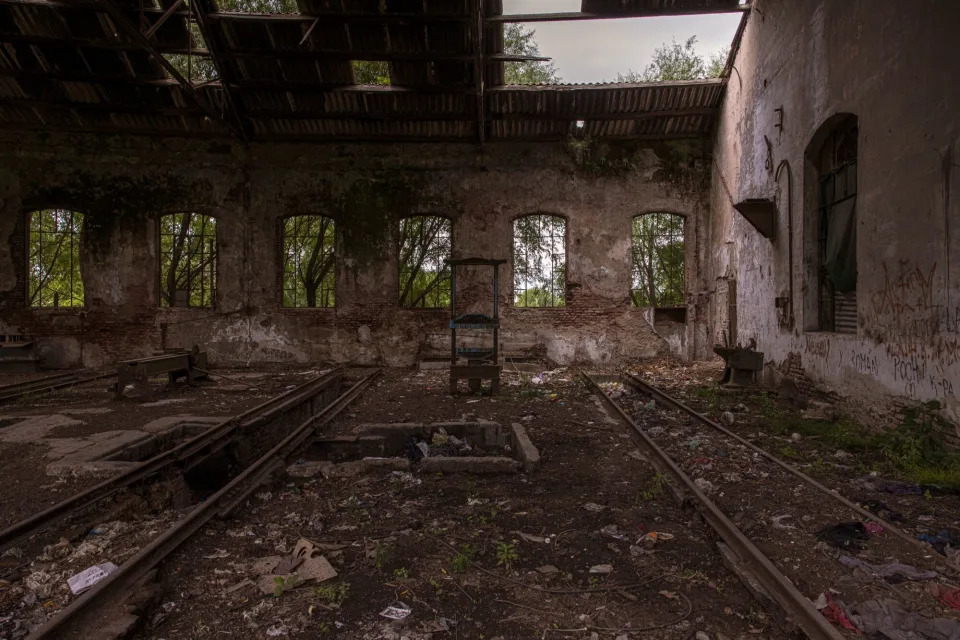

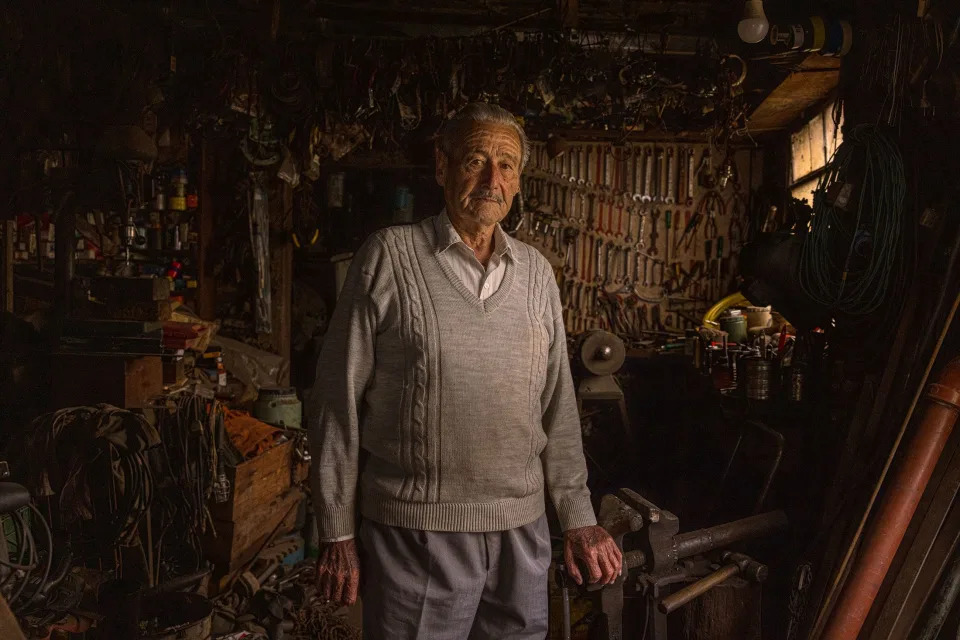
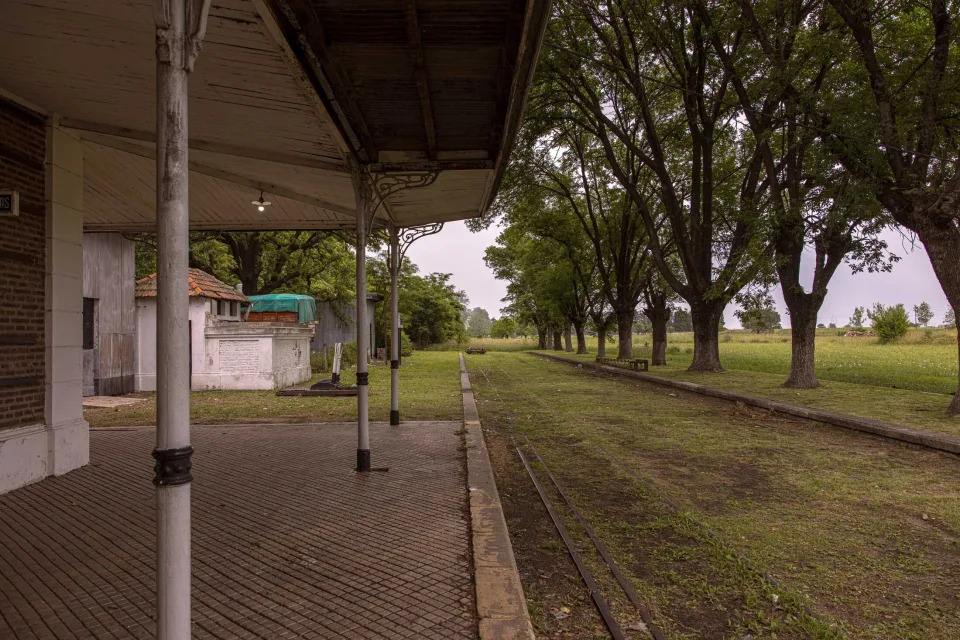

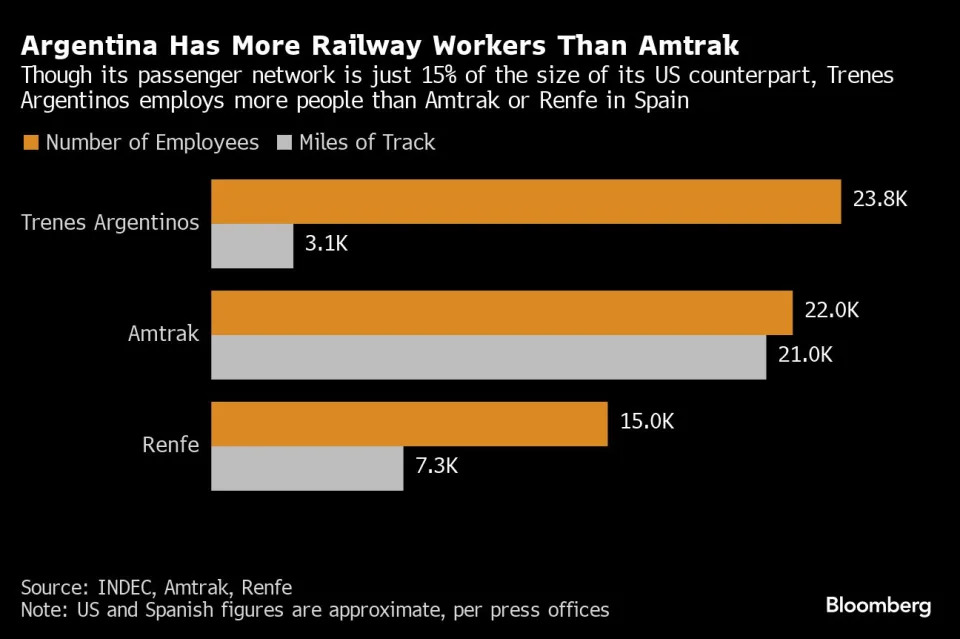
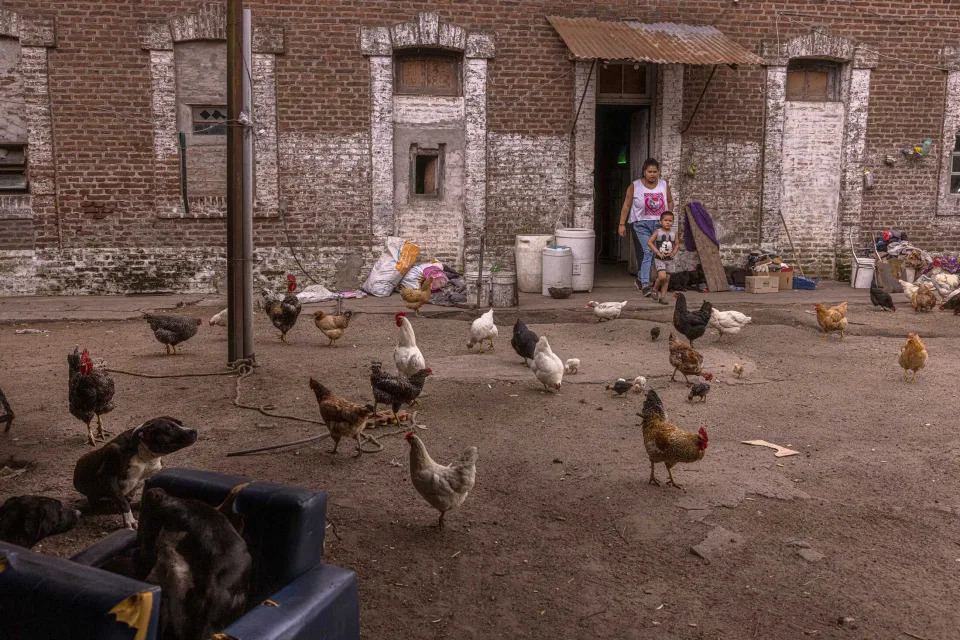
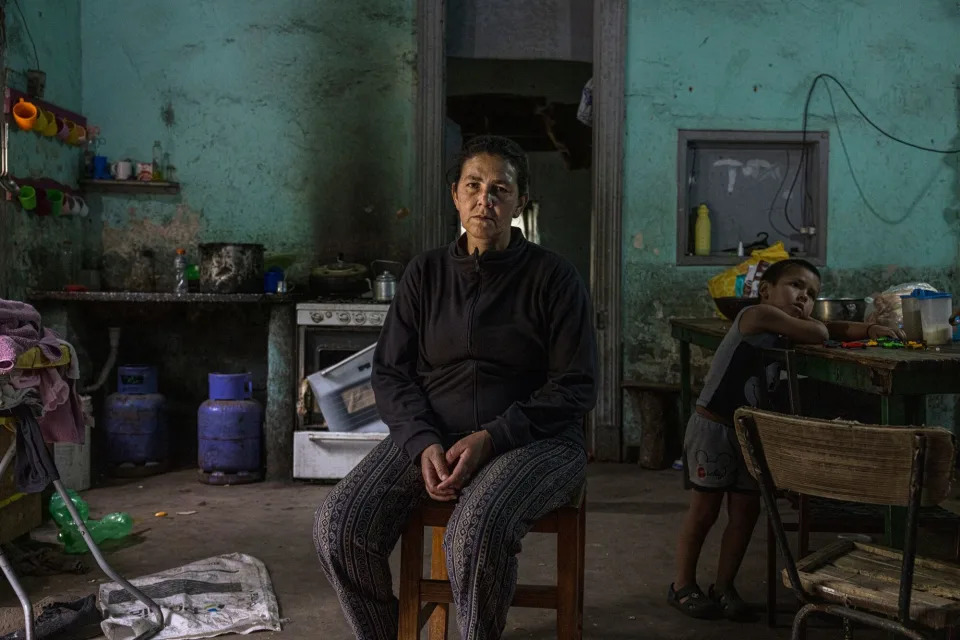









 F
F



